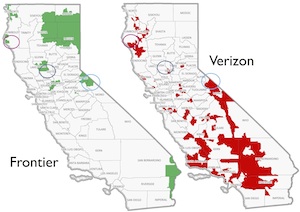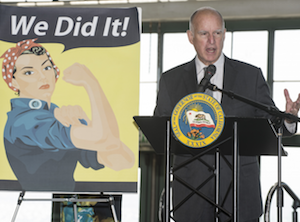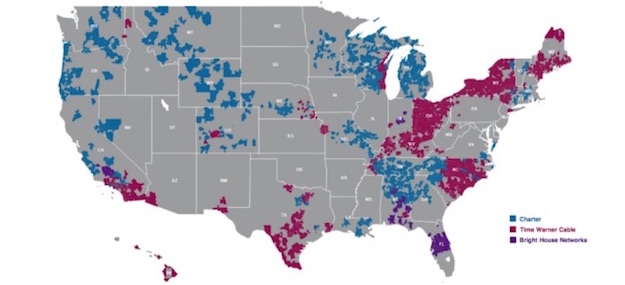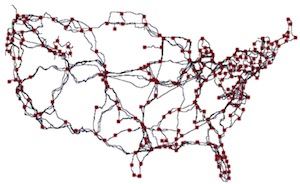![By NBC Television (eBay front back) [Public domain], via Wikimedia Commons](https://www.tellusventure.com/images/2015/10/jack_webb.jpg)
It’s still okay to ask politely, though.
California now has “the nation’s best digital privacy law“, or at least that’s how the Electronic Communications Privacy Act is being described in the press. Governor Brown signed the bill on Thursday. It requires a police officer or any other government employee or agency to get a search warrant before seizing electronic data or trying to access it without permission.
According to the analysis prepared for the state senate…
The warrant shall describe with particularity the information to be seized, including by specifying the time periods covered, and as appropriate and reasonable, the target individuals or accounts, the applications or services covered, and the types of information sought;
The warrant shall require that any obtained information unrelated to the objective of the warrant shall be sealed and not subject to further review, use, or disclosure unless a court issues an order that there is probable cause to believe that the information is relevant to an active investigation, or is otherwise required by state or federal law.
…
More
![By Mariordo (Mario Roberto Durán Ortiz) (Own work) [CC BY-SA 4.0 (https://creativecommons.org/licenses/by-sa/4.0)], via Wikimedia Commons](https://www.tellusventure.com/images/2015/10/hov_sticker.jpg)

![By NBC Television (eBay front back) [Public domain], via Wikimedia Commons](https://www.tellusventure.com/images/2015/10/jack_webb.jpg)
![By Driving_Google_Self-Driving_Car.jpg: Steve Jurvetson derivative work: Mariordo [CC BY 2.0 (https://creativecommons.org/licenses/by/2.0)], via Wikimedia Commons](https://www.tellusventure.com/images/2015/10/google_car.jpg)




![By school photographer (TwoScarsUp owns this photo.) [Public domain], via Wikimedia Commons](https://www.tellusventure.com/images/2015/10/grade_school_classroom.jpg)
